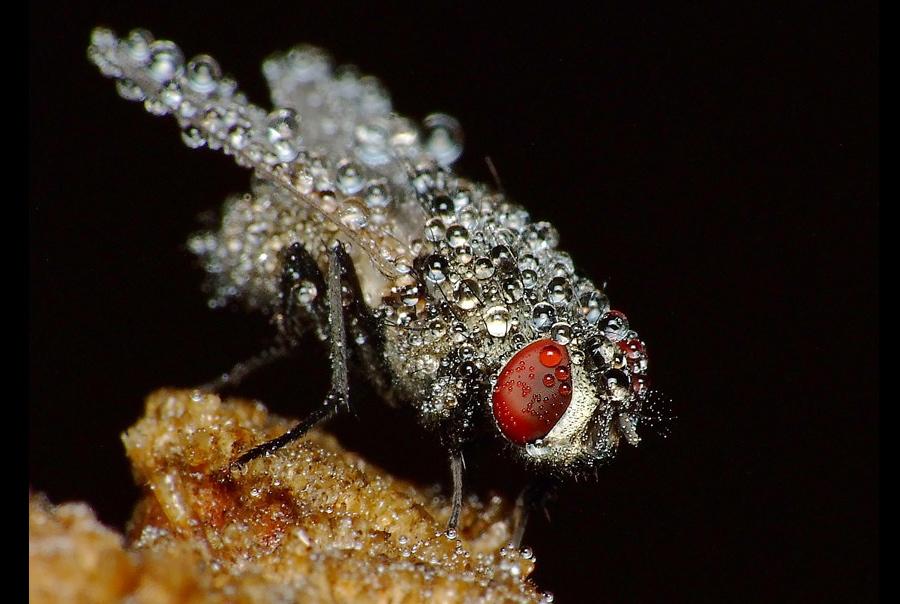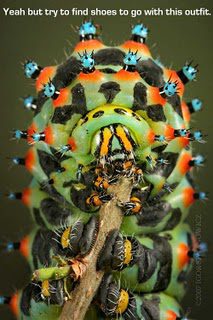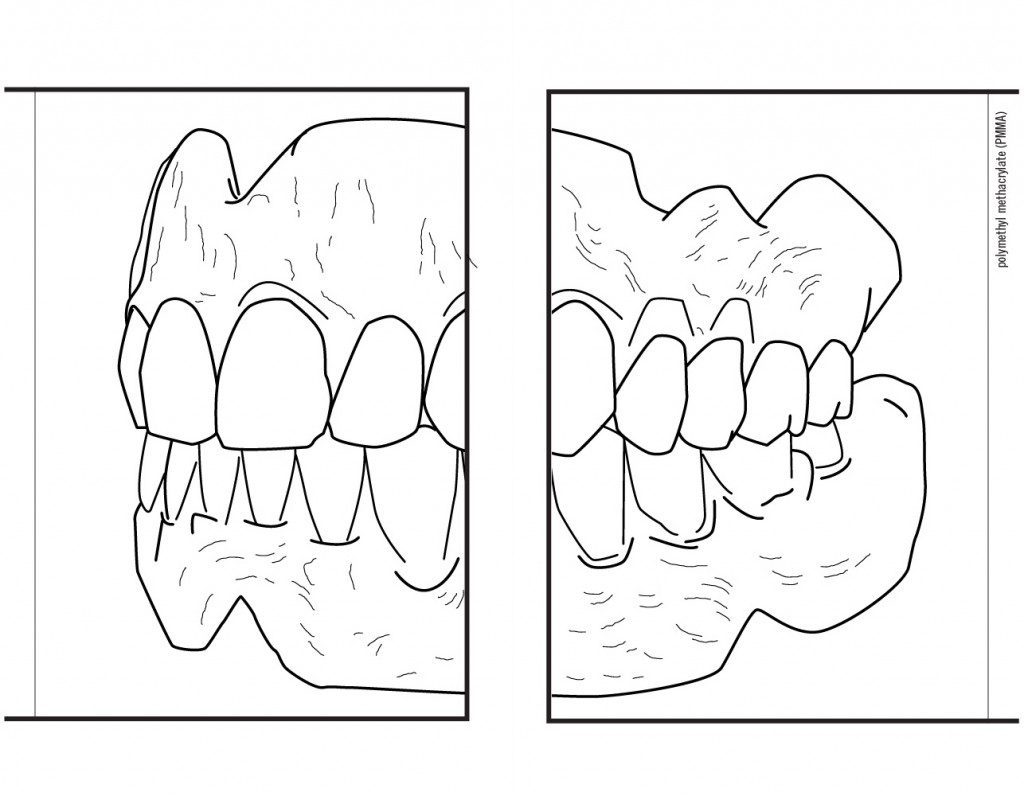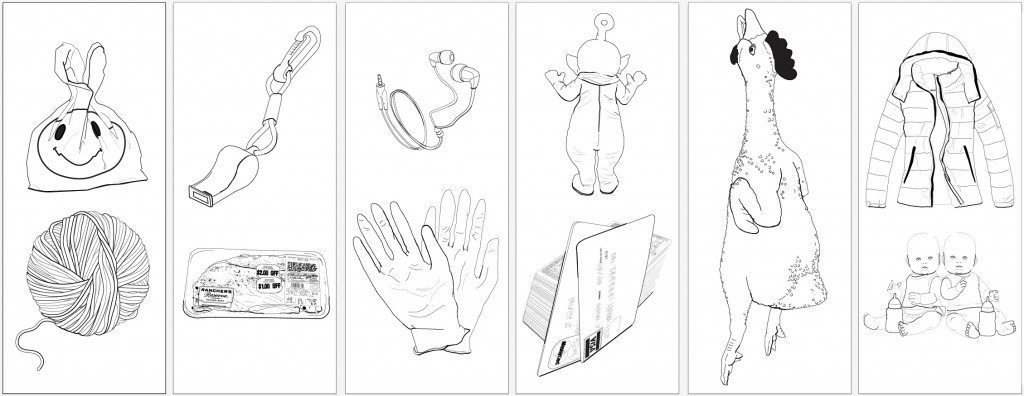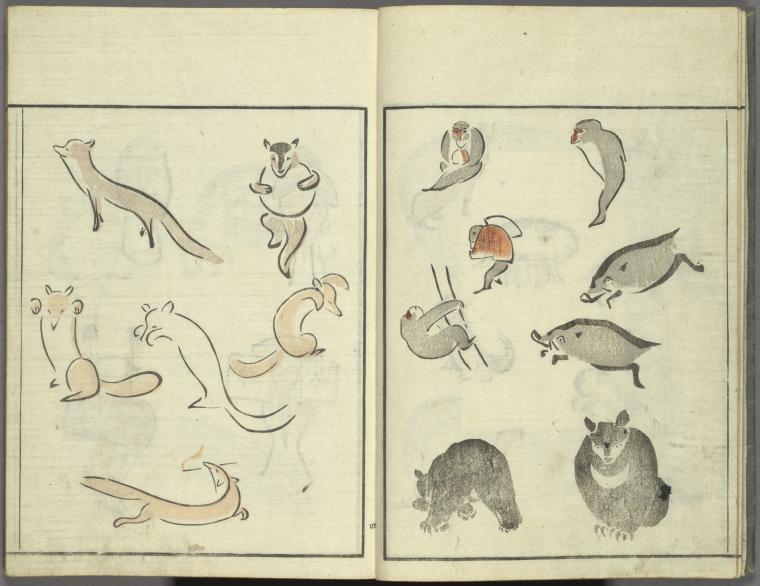Research Journal
-
May 10, 2011
Jasmine Becomes Contraband in China – NYTimes.com
Tags:Beginning in February, when anonymous calls for a Chinese “jasmine revolution” began circulating on the Internet, the Chinese characters for jasmine have been intermittently blocked in cellphone text messages while videos of President Hu Jintao singing “Mo Li Hua,” a Qing dynasty paean to the flower, have been plucked from the Web. Local officials, fearful of the flower’s destabilizing potency, canceled this summer’s China International Jasmine Cultural Festival in south China, said Wu Guangyan, manager of the Guangxi Jasmine Development and Investment Company.
Even if Chinese cities have been free from any whiff of revolutionary turmoil, the war on jasmine has not been without casualties, most notably the ever-expanding list of democracy advocates, bloggers and other would-be troublemakers who have been preemptively detained by public security agents, among them the artist provocateur Ai Weiwei, who remains in police custody after being seized at Beijing’s international airport last month.
Less well known are the tribulations endured by the tawny-skinned men and women who grow ornamental jasmine here in Daxing, a district on the rural fringe of the capital. They say prices have collapsed since March, when the police issued an open-ended jasmine ban at a number of retail and wholesale flower markets around Beijing.
-
-
March 2, 2011
OOO for dummies (like me)
Tags:I’ve been scampering and doing a troll-like stumble, following along with Tim Morton‘s logorrheic flights for some time now, and gotten twinks of excitement about things like Speculative Realism and Object Oriented Ontology (OOO). Of course I have no thorough (or even scanty) background in this stuff or its antecedents, but it gets me tweaked, nonetheless.
So I was happy when I found an all-access kiddie primer on OOO on Ian Bogost‘s web site:
So, I thought I’d try to work on a simple, short, comprehensible explanation of object-oriented ontology so I don’t find myself in this bind in the future. My goal is to assume zero knowledge whatsoever about the history of philosophy or its current trends, even if that means massive oversimplification. I’ve also hoped to offer a characterization of the overall approach of OOO rather than any one position within it. Here’s what I’ve come up with so far:
Ontology is the philosophical study of existence. Object-oriented ontology (“OOO” for short) puts things at the center of this study. Its proponents contend that nothing has special status, but that everything exists equally—plumbers, DVD players, cotton, bonobos, sandstone, and Harry Potter, for example. In particular, OOO rejects the claims that human experience rests at the center of philosophy, and that things can be understood by how they appear to us. In place of science alone, OOO uses speculation to characterize how objects exist and interact.
This is tentative, and I’m posting it here to seek feedback and discussion, not to declare myself victorious. So, have at it.
Update: Here’s an alternate version, crafted based on some of the excellent discussion below. I’m sure I’ll go through a few of these before finding the right one.
Ontology is the philosophical study of existence. Object-oriented ontology (“OOO” for short) puts things at the center of this study. Its proponents contend that nothing has special status, but that everything exists equally—plumbers, cotton, bonobos, DVD players, and sandstone, for example. In contemporary thought, things are usually taken either as the aggregation of ever smaller bits (scientific naturalism) or as constructions of human behavior and society (social relativism). OOO steers a path between the two, drawing attention to things at all scales (from atoms to alpacas, bits to blinis), and pondering their nature and relations with one another as much with ourselves.
-
-
February 23, 2011
“Imagine what we know.”
Tags:The subject line is Percy Shelley’s. This part of an essay by Tim Morton, “Don’t Just Do Something, Sit There!” included in the exhibit/site RETHINK — Contemporary Art & Climate Change (2009). Among other provocative chunks and challenges:
Along with figuring out what implications science has for society and so on, humanists should be asking scientists to do things for us. We should create websites that list experiments we need. My top suggestion would be exploring the question, “Is consciousness intentional?” Negative results would provide a reason not to hurt life forms. If consciousness were not some high up bonus prize for being elaborately wired, but low down, a default mode that came bundled with the software, then worms are conscious in every meaningful sense. A worm could become a Buddha, as a worm. Or what if consciousness were profoundly intersubjective? (Another blow to individualism.)
(…)
The injunction to act now is based on preserving a Nature that never existed: this has real effects that may result in more powerful catastrophe as we tilt at non-existent windmills. I’m not saying let’s not look after animals because they’re not really natural. I’m trying to find a reason to look after all beings precisely because they’re not natural.
(…)
Ecological coexistence consists of what I call strange strangers. These beings are ineradicably, irreducibly strange, strange in their strangeness, strange all the way down, surprisingly surprising. I can’t in good faith use the word animal anymore, and “nonhumans” won’t work either—we are strange strangers too. “Life forms” sounds nice, but some of these strangers aren’t strictly alive. In order to have DNA, you have to have RNA. In order to have RNA, you need ribosomes. And in order to have ribosomes, you need DNA … So there must have been a paradoxical “pre-living life,” such as Sol Spiegelman’s RNA World, in which RNA type molecules coexist with a non-organic replicator such as a certain silicate crystal—yes, maybe your great times x grandmother really was a silicon chip. A virus is a macromolecular crystal that tells RNA to make copies of it. If a virus is alive, in any meaningful sense, then so is a computer virus. The more we know about strange strangers, the stranger they become. Are they alive? What is life? Are they intelligent? What is intelligence? Are they people? Are we people?
(Complete essay here.)
http://ecologywithoutnature.blogspot.com/ -
February 22, 2011
The Great Disruption has arrived
Tags:Here’s an excerpt from a cautiously optimistic article in response to all the end-times weather we are having worldwide.
From climate change writer Paul Gilding’s blog, The Cocaktoo Chronicles :Paul Krugman wrote in The New York Times recently: “The evidence does, in fact, suggest that what we’re getting now is a first taste of the disruption, economic and political, that we’ll face in a warming world. And given our failure to act on greenhouse gases, there will be much more, and much worse, to come.”
But don’t panic. We will wake up soon. Not because the ecosystem is showing signs of major breakdown. Not because people are drowning. No, we will wake up because something much more important to us is now clearly threatened. When you try to create infinite growth on a finite planet, only two things can change: Either the planet gets bigger, which seems unlikely, or the economy stops growing. It’s the end of economic growth that will really get our attention.
There is surprisingly good news in all of this. We as humans have long been very good in a crisis. We ignore our health issues until the heart attack; our unwise lifestyle choices until the cancer diagnosis. We ignore our badly designed financial system until the economic crisis; or the threat of Hitler until the brink of war. Again and again, we respond to problems late, but dramatically – and, crucially, effectively. Slow, but not stupid.
This is a good attribute, given what’s coming. We’re going to have to transform our economy very rapidly, including our energy, transport and agricultural systems. This transition – to a zero net CO2 economy – will soon be underway and the business and economic opportunities for those who are ready (and risks to those who aren’t) are hard to overstate.
-
-
-
January 29, 2011
drawings jan 2011
-
January 23, 2011
Chôju ryakugashiki
Tags:Kitao Masayoshi: Chôju ryakugashiki /How to draw simple animals. (1797) Full index of drawings here (NYPL)



